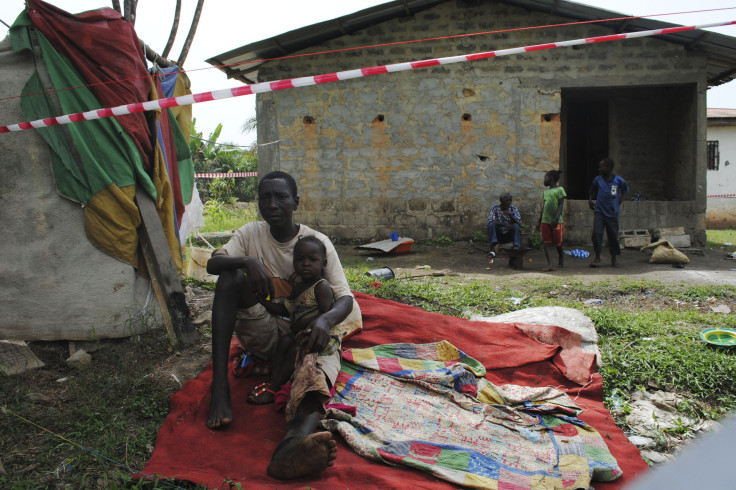Study Says Ebola Virus Mutates, New Drugs Maybe Ineffective; Davos Forum Says Even Western World 'Vulnerable' To Ebola

A leading scientist has warned at the World Economic Forum in Davos that the Western world also is vulnerable to "vulnerable" to epidemics such as Ebola. Professor Peter Piot, who co-discovered the Ebola virus in 1976, said governments must invest more in researching and developing new vaccines to counter its growth and spread. However, a study released on Tuesday said the deadly Ebola virus mutates so fast that new drugs would still become ineffective.
Piot told the BBC the world “wasn’t prepared enough” when the Ebola struck and eventually spread across Guinea, Sierra Leone and Liberia in 2014, killing hundreds in along the way. The cause of the tragedy that struck the region was not because pharmaceutical companies didn’t do enough research to develop a potential vaccine. It was because "neither a commercial incentive nor a public health rationale for dealing with Ebola" was released.
When he discovered the virus four decades ago, he said he never imagined it would grow to something that “could affect entire nations, capital cities.” They thought then that the virus was relatively easy to contain. Latest statistics from the World Health Organisation say otherwise. The current Ebola outbreak has killed 8,626 people - 3,587 in Liberia, 3,132 in Sierra Leone and 1,875 in Guinea.
Although most of the dead and cases came from the region, the virus had managed to travel across the borders to the Western world. And this is what worries Piot most because not even the Western world could escape the health dilemma in the future. "Our world is getting more vulnerable to big epidemics, because of population expansion, huge mobility and more intense contact between animals and people.” He said governments must continue to invest and work on developing vaccines to control possible repeats of the outbreak in the future.
But a recent study has disclosed the virus had undergone genetic mutations in the past four decades since it was discovered that vaccines may prove to be still ineffective to counter it. A report by AFP, citing researchers from US Army Medical Research Institute of Infectious Diseases, or USAMRIID, Harvard University and the Massachusetts Institute of Technology, said three percent of the genome of the current strain of Ebola virus in West Africa had went through changes when compared to the Ebola variants during the 1976 and 1995 outbreaks.
Researchers said three of at least 10 mutations appeared during the current epidemic which has struck mainly in Guinea, Sierra Leone and Liberia. Thus, Ebola researchers need to assess drug efficacy “in a timely manner to make sure that valuable resources are not spent developing therapies that no longer work," Jeffrey Kugelman, a viral geneticist at the USAMRIID, said. Their study could be found in the journal mBio.
To report problems or leave feedback for this article, contact: e.misa@ibtimes.com.au






